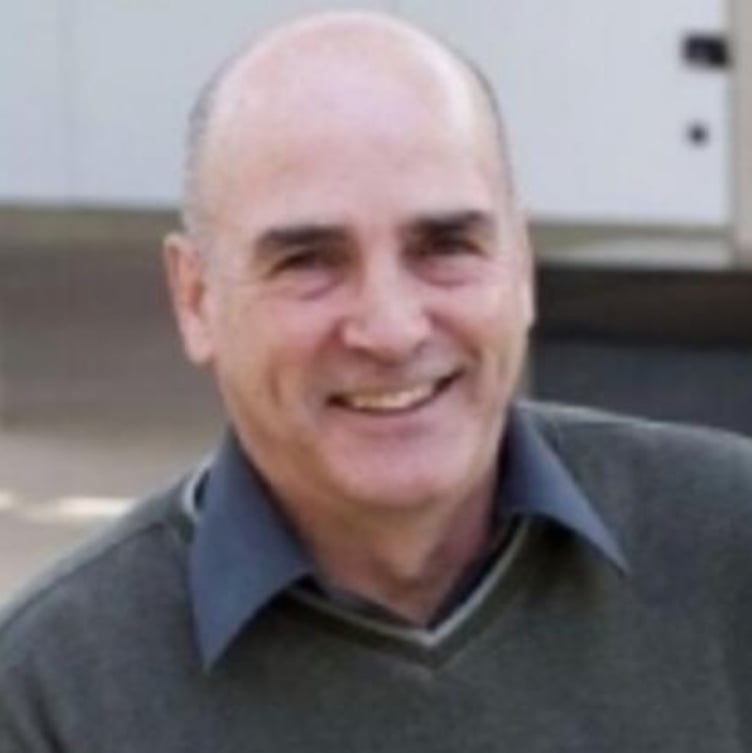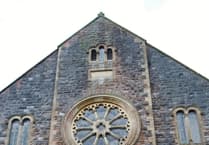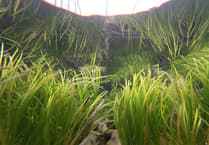PRESIDENT Patrick Jones welcomed the ladies to the Narberth and District Probus Club Christmas Lunch when over 30 guests enjoyed an enjoyable meal at Plas Hyfryd with guest speaker Dr Robin Probert from Templeton.
Until retiring in 2013, Dr Probert was the longest serving member of staff at the Royal Botanic Gardens at Kew having worked there for 37 years and was Head of Seed Conservation and Technology at the Millennium Seed Bank - described by Sir David Attenborough as the most important conservation project ever undertaken.
Dr Probert joined Kew as an undergraduate in 1974 a year after the Kew Seed Bank had moved to Wakehurst Park, in Sussex, an estate recently acquired because of a gift to the National Trust. The fledgeling seed bank samples were stored in freezers in various rooms in the house including bedrooms, the basement and even the Chapel.
In 1982 a new seed bank was built, and the project reached another level by increasing the seed collection considerably, mostly from the Mediterranean. New methods were researched and developed in unusual ways to increase the viability of stored seeds.
Today the Millennium Seed Bank Partnership (formerly known as The Millennium Seed Bank Project) is the largest plant conservation programme in the world and is coordinated by the Royal Botanic Gardens in Kew. After being awarded a Millennium Commission in 1995 the project is now housed in the Welcome Trust Millennium building at Wakeham Place, West Sussex.
The purpose is to provide an 'insurance policy' against the extinction of plants by storing seeds for future use. The aims were therefore to collect seeds of 75,000 species of plants by 2020, (25 per cent of known flora). This was the second phase of the original goal of banking 10 per cent of known floras by 2010, an objective which was achieved in 2009. Secondly, to collect seeds from all of the UK's native flora. Thirdly, to further research into conservation and preservation of seeds and plants and finally, to act as a focal point for research in the area.
The Seed Bank is now home to over 2.4 billion seeds, representing over 39,000 different species of the world’s stable seeds. The building is flood, bomb and radiation proof and seeds are kept at a temperature of minus 20 degrees centigrade after first going through a drying process. Every 1 per cent reduction in moisture content doubles the life span of a seed.
Dr Probert answered several questions from members of the fascinated audience. The club was privileged to hear from a local man who is a world expert in the field.
Next month’s meeting will be at 12.30pm on January 30 when the speaker, Tony Enson will talk about Patagonia. If you would like to join, call Patrick jones on 07846 660904.





Comments
This article has no comments yet. Be the first to leave a comment.